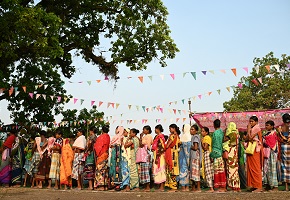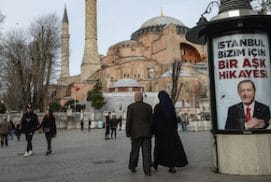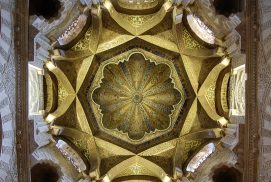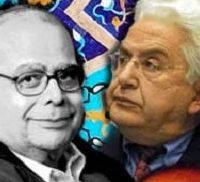Jorge Mario Bergoglio’s choice of the name Francis immediately signaled the doctrinal orientation of his pontificate. Following in the footsteps of Saint Francis of Assisi, the new Bishop of Rome embraced three guiding principles: love for the poor, care for our common home, and a commitment to a culture of encounter and peace. Although critics sometimes labeled this approach as populist, Pope Francis explicitly rejected that characterization. In truth, his outlook was open, transnational, and pluralistic—the very opposite of European populist movements. From his earliest symbolic gestures—refusing the papal apartments and embracing migrants in Lampedusa—Bergoglio embodied a “Church that goes forth,” one that engages the world not with doctrinal arrogance, but with a spirit of service. His language, stripped of curial formalism, brought the papacy closer to the people, while his identity as the pope “from the ends of the earth” shifted the Church’s center of gravity away from Europe toward the world’s peripheries, fostering a new alliance among faiths, cultures, and peoples. In this dossier, we offer a series of reflections on the legacy of his pontificate and the future prospects of the Church.
Dossiers
Religion
- India’s general elections kick off today and will be held in phases through June 1, with results to be announced on June 4. Despite a decade-long erosion of rights and the hollowing out of democratic institutions, most polls predict a victory for Prime Minister Narendra Modi and his Hindu nationalist Bharatiya Janata Party for a third consecutive five-year term. What does an India heading to the polls look like in 2024? How has ten years of BJP rule shaped the world’s largest democracy?
- A week after the “re-inauguration” of Hagia Sophia as a mosque, diplomacies are still struggling to understand the full implications of the shocking and yet largely expected choice by Recep Tayyip Erdogan’s government. But beyond the radars of the international attention, the move and its internal welcoming confirm the uncontented grip he continues to have on Turkey, driving it towards an increasingly nationalist, anti-modern path. In this Dossier, we explore the rationale behind those choices, the implications for regional affairs, as well as those on religious pluralism worldwide. For policy-makers on both sides of the Atlantic, there is much to care about, and some dire practical recommendations to take into account.
- Islam is no longer a transitory phenomenon but European societies seem to consider Islam, in recent years, more a threat than an advantage. Our dossier presents some reflections which consider Islam as an element of European society and as a propagator of Europeanization. An analysis is also given of the implications of the role of Islamic organizations working in Europe but connected to governments of other countries, such as the Turkish Islamic organizations active in Germany. Lastly, we propose two essays on two recent films concerning a rapidly increasing phenomenon, the radicalization of younger generations in Europe and a book review on the Burkini debate.
- Three great Arab intellectuals – Nasr Hamid Abu Zayd, Mohammed Abed Al-Jabri and Mohammed Arkoun – died in 2010, shortly before the outburst of the Arab Springs and in the midst of an identity crisis that is tearing apart the Muslim world, in a region beset with complex questions related to identity, religion’s place in society and politics, modernity, the democratization process, the status of minorities in Islamic societies and the concretization of a borderless Maghreb and Mashrek. Six years later, many of the important open questions that have for so long plagued this part of the world, have not yet been resolved. However, the intellectual and moral legacy that arises from the life-long work and commitment of these three thinkers can still help us understand and imagine a way out of the darkness.






